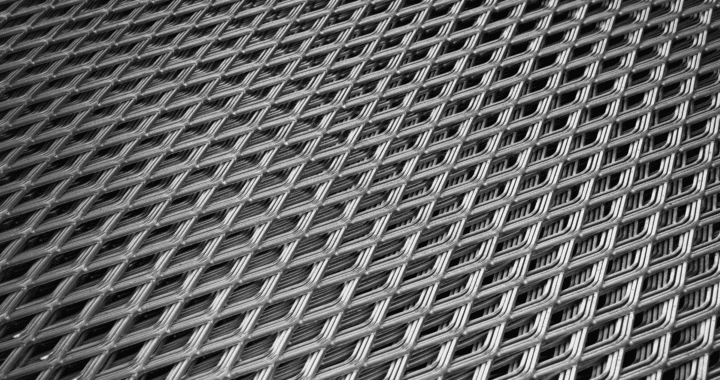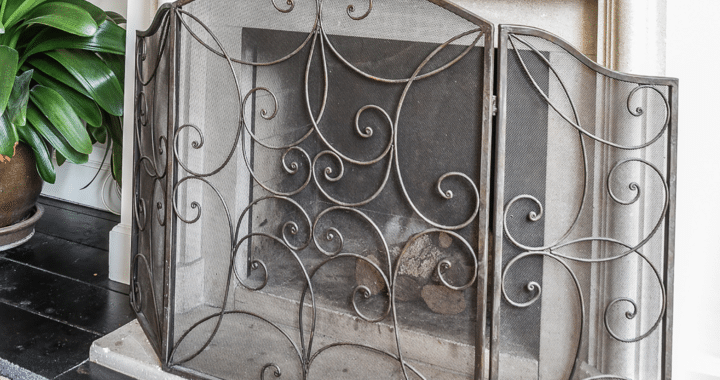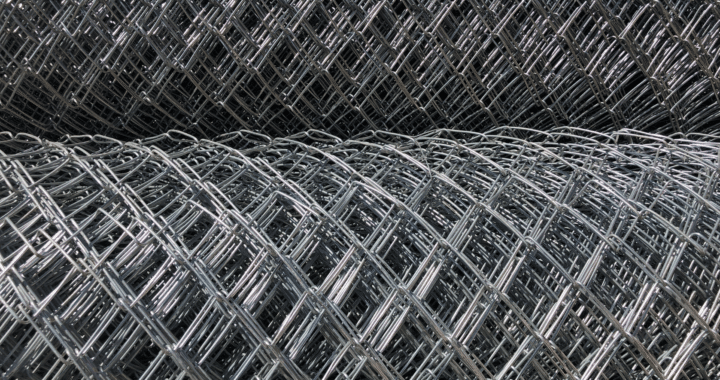Metal meshes are versatile materials valued for their strength, durability, and adaptability across a wide range of applications. When considering the use of metal meshes, factors such as strength, durability, corrosion resistance, and weight play crucial roles in determining the most suitable material for specific purposes. To make an educated purchasing decision on your mesh material it’s important to know the unique characteristics of aluminum, steel, brass, and titanium meshes and their strengths for different uses. In this article, the professionals at Lawrence Sintered Metals will shed some light on the diverse properties that make each material ideal for specific applications and provide a thorough metal mesh comparison for you to use as a resource.
Aluminum Mesh
Aluminum wire meshes are known for their lightweight nature and exceptional corrosion resistance. Their high strength-to-weight ratio makes them ideal for applications requiring both metal mesh durability and flexibility. Aluminum wire mesh is relatively affordable compared to other metals. Additionally, when it comes to aluminum vs. steel mesh, the aluminum alloy boasts a lower weight in comparison. Common uses of aluminum meshes include architectural and decorative applications, outdoor furniture, and automotive grilles. While aluminum meshes may not possess the same tensile strength as steel or titanium, their high resistance to corrosion and low density make them perfect for applications where weight may be a concern without compromising on durability.
Steel and Stainless Steel Mesh
Steel and stainless steel meshes are renowned for their exceptional strength, making them suitable for heavy-duty applications that demand robustness and resilience. 304 and 316 stainless steel grades are among the most common steel meshes. 316 stainless steel, also known as marine grade stainless or A4 stainless, is well-known for its increased resistance to corrosion and its superb abilities in salt-water and marine applications. Slightly less resistant but more common is 304 stainless steel which can withstand corrosion from most oxidizing acids. With remarkable tensile strength and durability, steel meshes find extensive use in construction, industrial machinery, safety and security enclosures, and filtration systems, providing a strong wire mesh for the toughest jobs. The inherent fortitude of steel meshes allows them to withstand high-impact forces and harsh environmental conditions, making them indispensable in applications where strength and longevity are paramount.
Brass Mesh
Brass wire meshes are valued for their unique blend of strength, corrosion resistance, and aesthetic appeal. While not as strong as steel or titanium, brass meshes offer good metal mesh durability and are highly resistant to corrosion, making them suitable for marine applications, decorative screens, and architectural elements. The malleability of brass allows it to be shaped into intricate designs while retaining its strength, making it an attractive choice for both functional and decorative purposes.
Titanium Mesh
Titanium wire mesh stands out for its exceptional strength, corrosion resistance, and high tensile strength-to-density ratio. Typically used in demanding applications such as aerospace components, medical implants, and industrial filtration systems, titanium meshes excel in environments where exposure to extreme temperatures, chemicals, and mechanical stress is commonplace. Despite being lightweight, titanium meshes exhibit outstanding durability and resistance to corrosion, making them an ideal choice for applications requiring top-tier performance and longevity from strong wire mesh.
Understanding Metal Mesh with Lawrence Sintered Metals
In the realm of metal meshes, each material boasts distinct qualities that cater to specific application requirements. Aluminum meshes offer lightweight corrosion resistance, steel meshes provide unmatched strength and durability, brass meshes combine strength with aesthetically pleasing properties, and titanium meshes exhibit exceptional strength and corrosion resistance. By understanding the unique strengths of these metal meshes, manufacturers, engineers, and designers can make informed decisions when selecting the most suitable material for diverse applications, ensuring optimal performance and longevity.
If you find yourself with more questions about metal mesh and each alloy’s advantages, like strength and durability, please reach out to us at Lawrence Sintered Metals. When you reach out to Lawrence Sintered Metals, you’ll find yourself talking with an expert in wire mesh who can guide you in selecting the ideal mesh, alloy, and quantity for your needs. We offer a wide variety of products, including both woven and welded wire mesh, sintered wire mesh, perforated metal, and expanded metal. Every product is meticulously crafted to meet the highest standards of quality and performance. Get in touch with Lawrence Sintered Metals today to find the right metal mesh for your next job.




